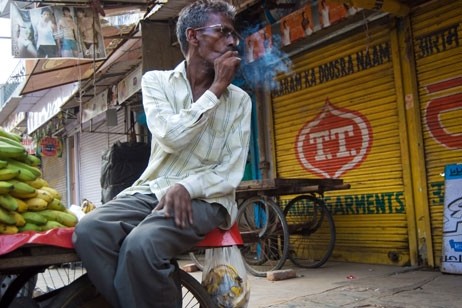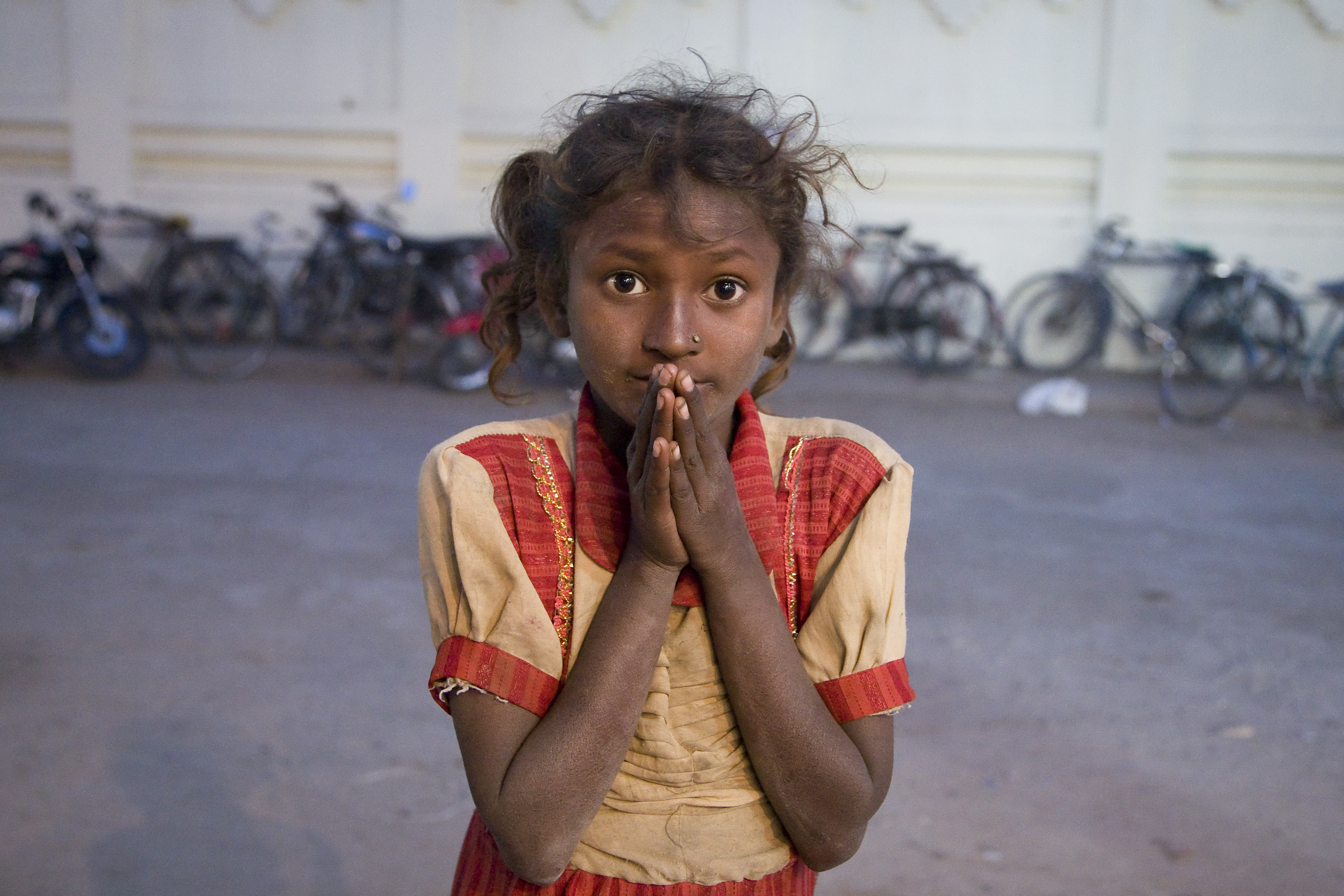Democracy promotes and revels in disorderly chaos, and thrives on the order that emerges out of this ruckus. However, every now and then things spin out of control, and it is then that the state intervenes. And if it’s an organised outfit to blame, the first thing we seem to seek is a blanket ban on the activities of such organisation. But what exactly do such bans do? Fundamentally, they seek to choke the banned organisation into submission. And this runs counter to the principles on which democracy – any democracy – is founded upon.
The violation of peace and order must be seen as a law and order problem and should necessarily be dealt with accordingly. To assume that the very existence of an organisation is against public interest is like saying that only ‘meaningful and productive’ talk is allowed and one should remain gagged till the time he or she comes up with something that makes sense. It’s after lots of nonsensical thoughts and words back and forth that something seminal emerges. To muffle the stupid is to kill the genius.
Therefore, banning an organisation – be it SIMI or Bajrang Dal – is a completely undemocratic exercise. And irrespective of the justification tendered such bans gnaw at the very foundation of the democracies across the world. After all, as Martin Luther puts it, “injustice anywhere is a threat to justice everywhere.” Let’s not do a disservice to the plurality of opinion innate in the very concept of democracy. In the long run, tolerance to unpalatable opinions would pay well.
Originally written for and published by Merinews on October 21, 2008. Published on my WordPress Blog on October 24, 2008.





